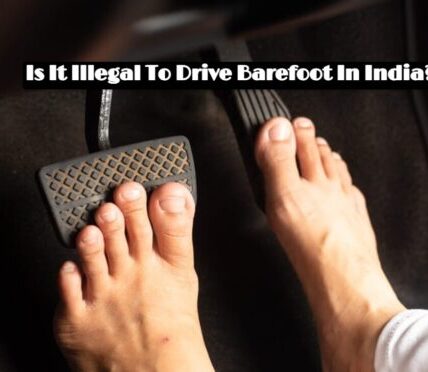Carpooling can be legalized in India however there are some restrictions on it, and only for the person who owns the vehicle. Let’s learn about it in a more comprehensive manner, and what these regulations and rules apply to passengers, and also a car owner. We’ll go.
First Of All, What Exactly is Carpooling?
Carpooling involves having several people using the same vehicle to get to areas that are near to each another. It reduces costs, cuts down on travel time, and causes less pollution to the environment. In India it is common for people to discover co-passengers on the basis of referrals from their friends or through websites like BlaBlaCar as well as Quick Ride.
The law that will be applicable on carpooling activities in India can be found in the Motor Vehicles Act of 1988. However, it is important to remember that this Act does not explicitly prohibit carpooling. It governs vehicles used to transport passengers to pay. Carpooling with a private vehicle for personal reasons, in which the driver does not earn any profit is generally permitted.
Legalities in Some Places
Recently, several legal issues relating to carpooling are being discussed in Bangalore. In Bangalore, the Transport Department of the city has taken action against carpooling service that uses private vehicles to earn money. The main reason for action is against carpooling companies that charge the passenger and driver fees as well as treat a private vehicle as taxi.
The rules regarding carpooling in India could differ slightly in the way they are interpreted in different areas in the world. Simply put the goal of carpooling is not to make use of a private vehicle to earn money, but rather be able to share costs. However, car owners must be aware of local laws in order to avoid legal issues.
Keep in mind that websites like BlaBlaCar can help one figure out how to split expenses in a legally acceptable way and avoid converting their personal car to a business vehicle. They advise on the cost per person in so that the car owner doesn’t make profits that are greater than the cost of operating the vehicle. The carpooling process is kept within the guidelines that are set out in the Motor Vehicles Act.





